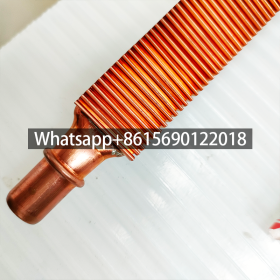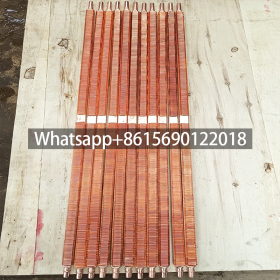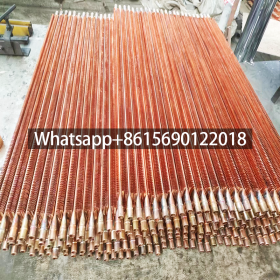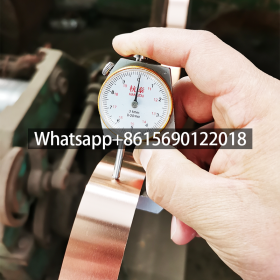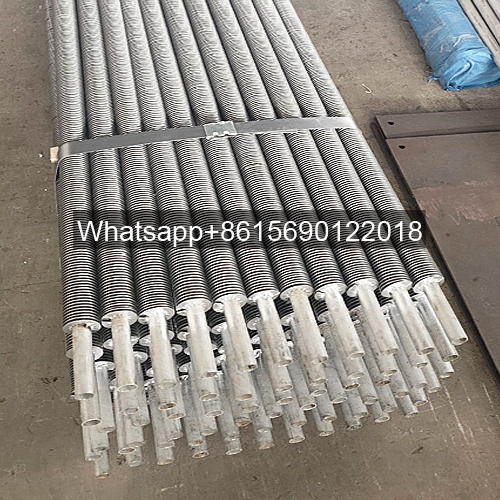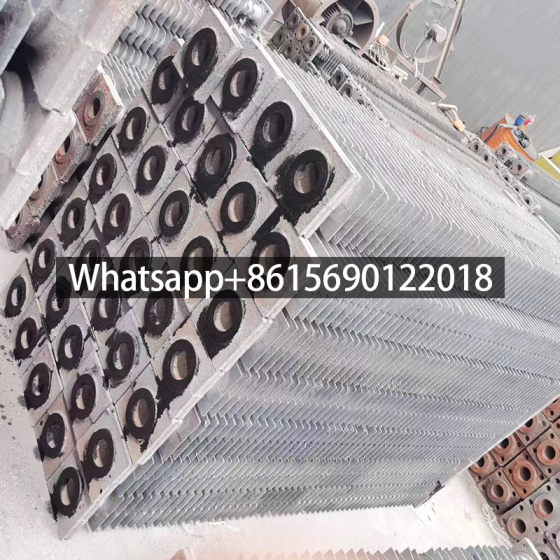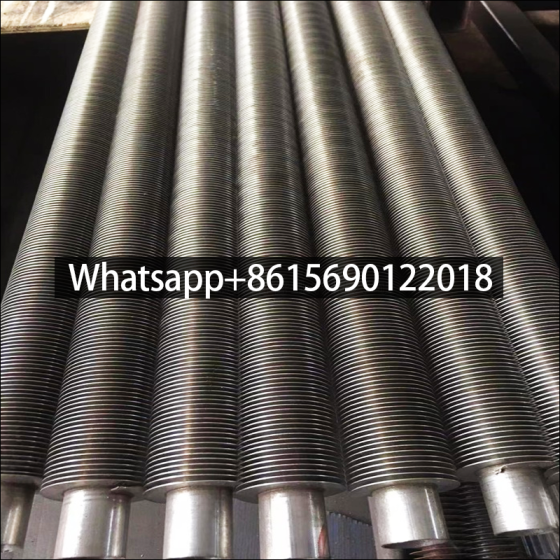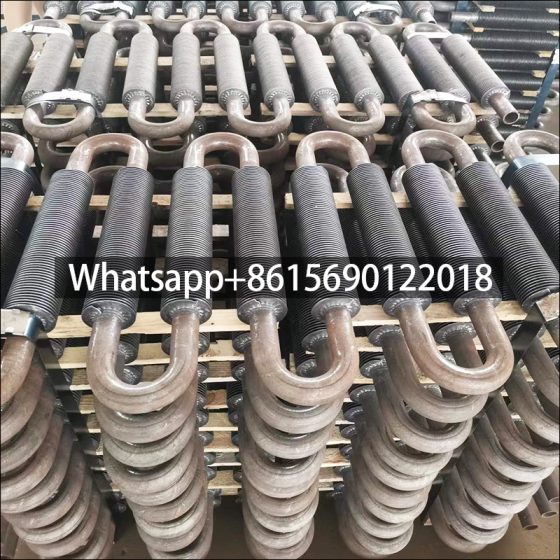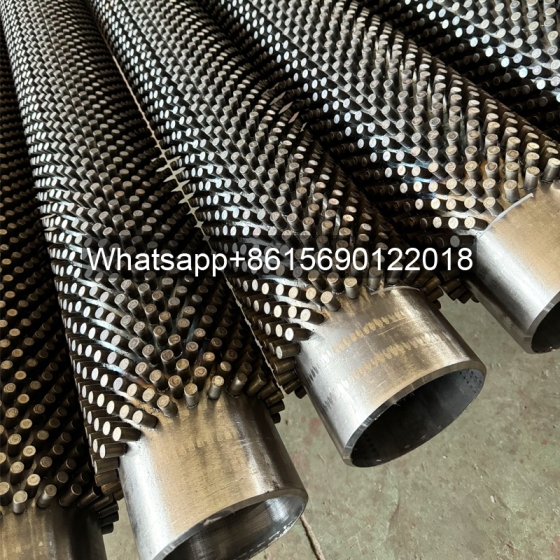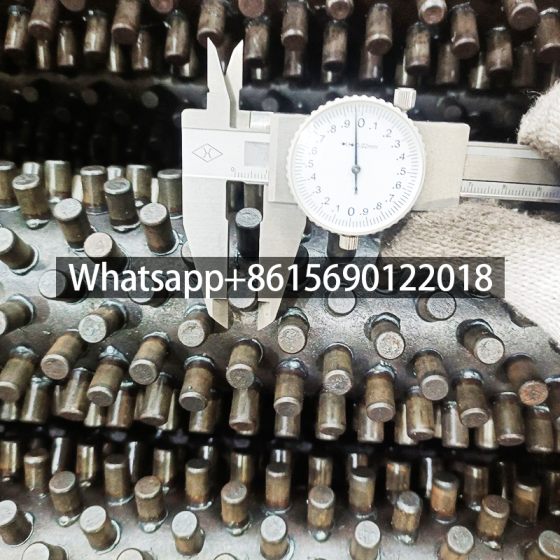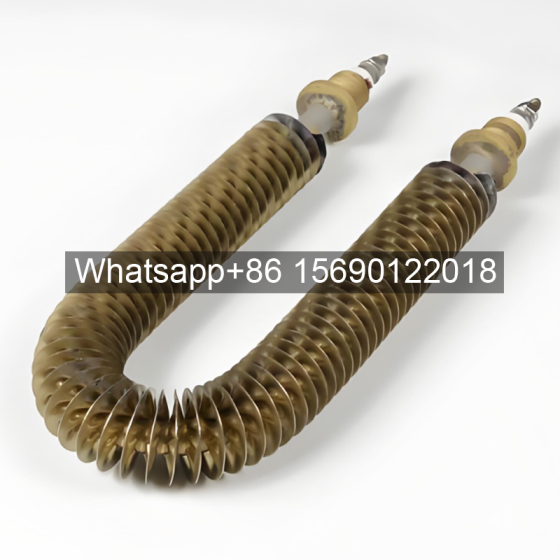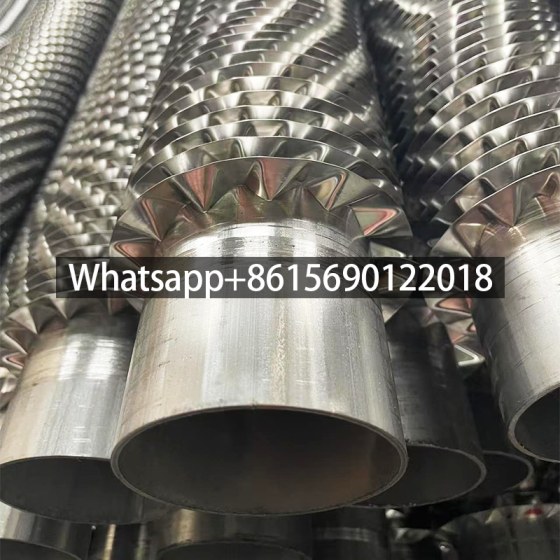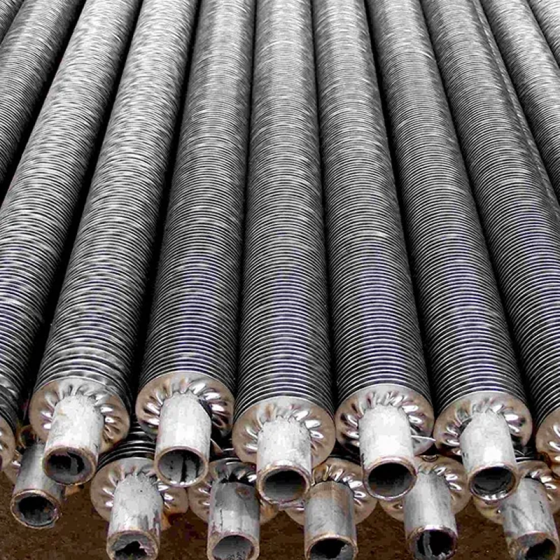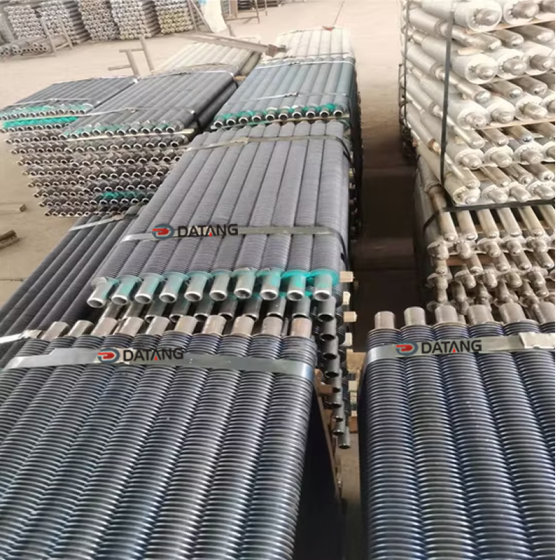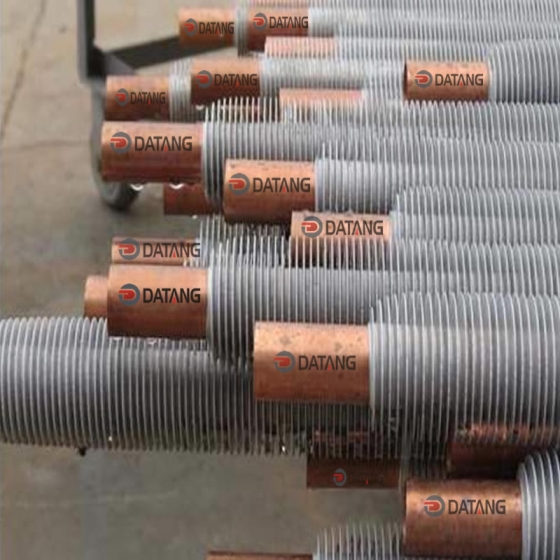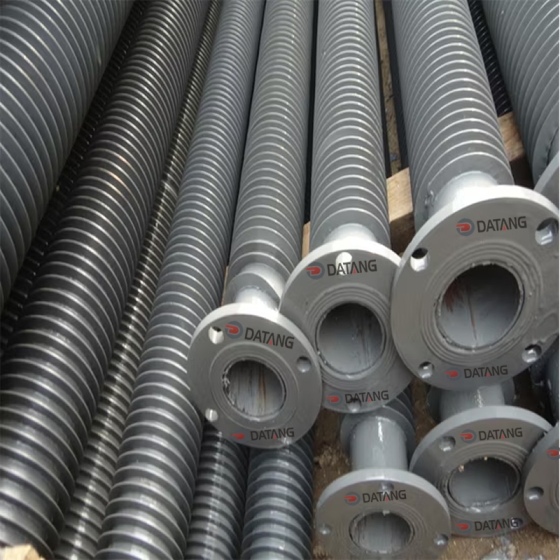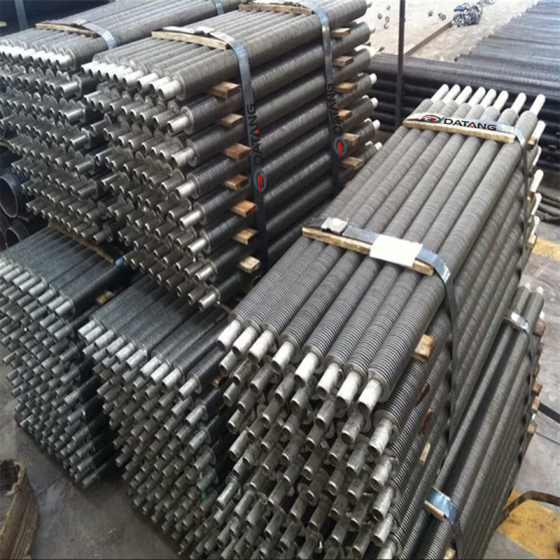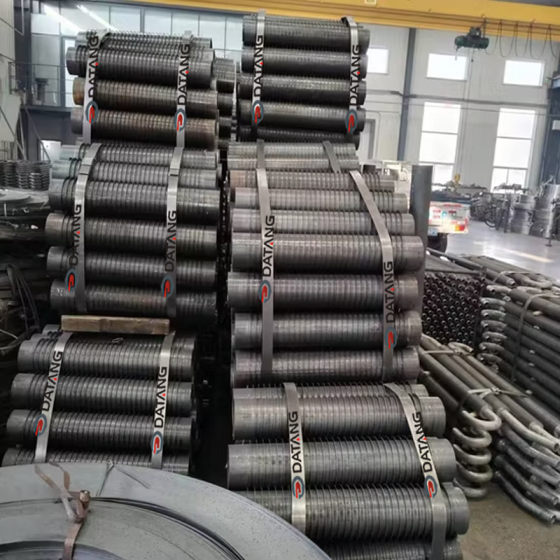What is a Copper Finned Tubes Pipes for Heavy-Duty Machinery Radiator?
Copper Finned Tubes Pipes for Heavy-Duty Machinery Radiators are heat exchange elements that use copper as the base tube and add fins on the inner and outer surfaces of the tube through a specific process. Its core goal is to significantly improve the heat exchange efficiency through the synergy between the high thermal conductivity of copper and the fin structure.
COPPER TUBE RADIATORS FROM Datang RADIATOR CONTINUE TO SET THE STANDARD FOR HEAVY-DUTY EQUIPMENT FOR THE MINING AND OIL AND GAS INDUSTRY
Copper Tube Radiators are the Best for Heavy Duty Equipment
Datang Copper Tube Radiators are the Best for Heavy Duty Equipment heat exchangers by Datang Radiator have driven success for the mining and oil and gas industries across the world for 20 月日. To this day, they are the industry standard.
But now with so many other materials available, how do you decide which is the best fit for your application? To provide the clarity you need, Datang Radiator engineers explain why, where, and when to employ copper tubes for your heavy-duty machine’s radiator.
Removable Copper Tube FAQ
Known across the globe as the provider of the industry’s best heat exchangers for mining and oil and gas applications, the Datang Radiator legacy all started with one powerhouse of a heat exchanger: the original copper tube radiator. Designed to withstand the most extreme conditions on Planet Earth, you’ll find Datang copper tube radiators and coolers on every large mining site across the world.
7 Reasons Why Copper finned tube is Best for Heavy-Duty Radiators
Here are seven reasons why and when to consider copper tube radiators from Datang Radiator:
Goldilocks Material — Known as the ‘Goldilocks’ of materials for heavy-duty radiators, copper is “just right” — one of the most application-diverse materials out there. A good rule of thumb is that if you don’t know what you need, copper will usually do the trick. (But if you really don’t know what you need, contact an Datang service representative to get those questions cleared up for you, here.)
Outperforms — That being said, while no material truly outshines another, copper does have strengths in certain areas that better position it for use in certain applications. For example, while aluminum is less expensive and offers weight savings, copper is stronger and will generally perform better than aluminum in a direct side-by-side comparison.
Better for Higher Pressure Applications — Datang Radiator engineers suggest copper tubes for use in pressure ranges from 15 PSI to 150 PSI applications. “Any application with large impact or high G-loads, I recommend copper immediately,” said Domogalla.
Superior Thermal Transfer — Another factor to consider is that copper is one of the top mediums for thermal transfer from a metal. So, if thermal conductivity is a top priority for your application, copper is the perfect material to use.
Compatibility with Coolants — Similarly, copper is compatible with most diesel-engine coolants, whereas other materials might not be.
Lower Maintenance Demands — if an operation (mine or oil and gas site) is not maintaining the correct PH levels in the coolant, aluminum can be affected more dramatically than copper.”
Ease of Recycling — When an operation is finally done with a copper tube radiator by Datang Radiator, copper is one of the most recyclable materials around. In other words, it won’t be going back to a landfill – it will be going back to work in another form.
So, when should you not use copper? While copper as a material is incredibly durable, Datang Radiator engineers would not recommend copper tubes for applications where weight is a high priority. Similarly, for especially corrosive environments, such as saltwater environments, Datang Radiator engineers would recommend using brass tubes over copper.
Mesabi Copper Tubes Set the Standard
While copper as a material is stellar, the true ingenuity of Mesabi copper tube radiators lies in
 dtfinnedtube.com
dtfinnedtube.com


